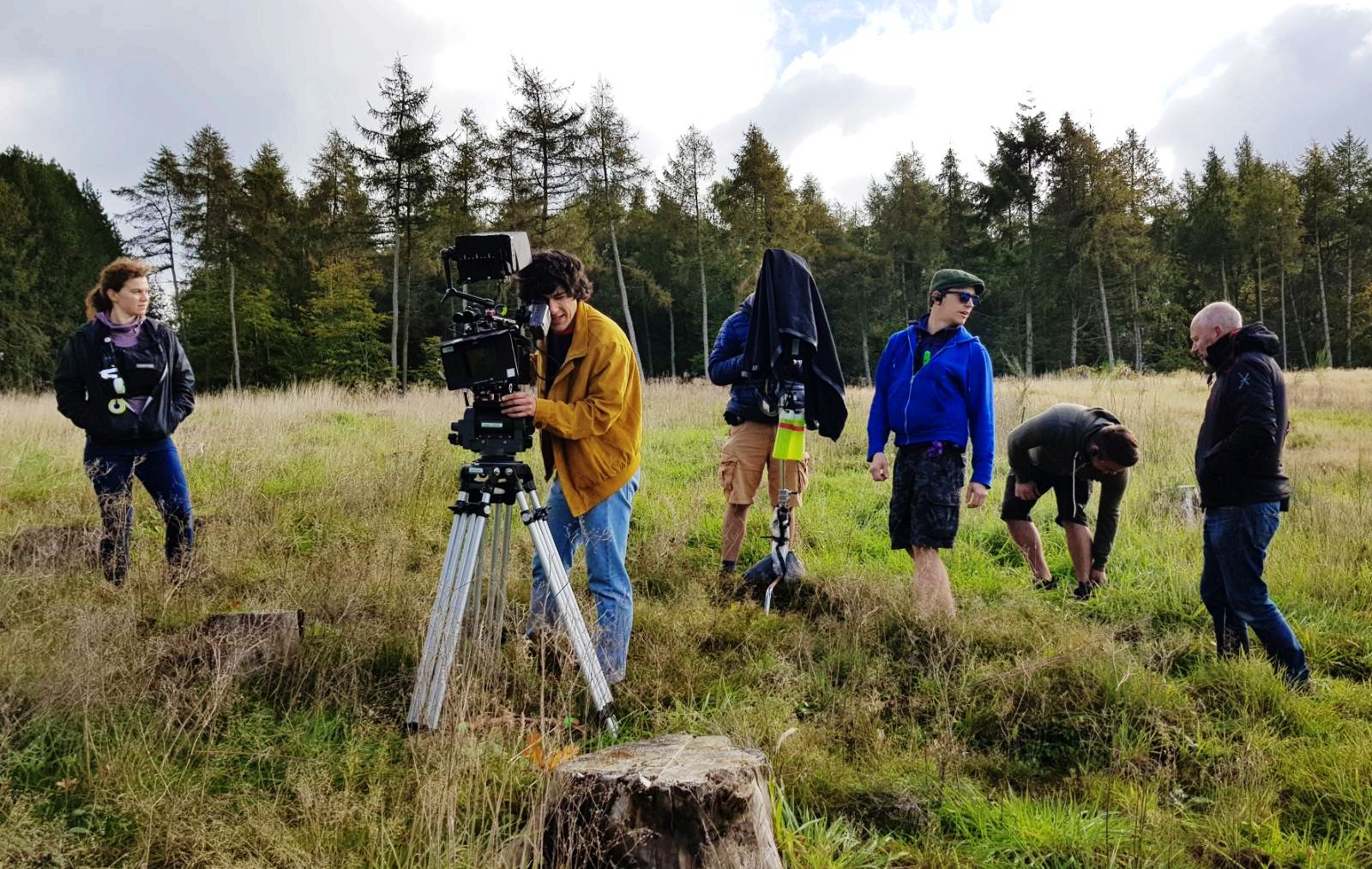In the past few years, the roles of sustainability coordinators and managers working on productions have become increasingly essential parts of the industry’s efforts to reduce carbon emissions. Competent, confident, skilled and experienced sustainability professionals are critical in order to coordinate and implement each production’s measurement and reporting of its emissions, and delivering a carbon action plan to reduce its impact, bringing all crew and departments with them.
Currently there are no agreed competencies or standards yet available to set out the tasks, responsibilities, skills and knowledge required when working in these roles, and to build consistency in approaches across different studios and production companies working at different scales. Having this information can then establish what training and expertise is required to carry out this work effectively, and help sustainability roles be taken more seriously by other crew, and gain the gravitas or status they need to help introduce more sustainable production practices.
To address this, ScreenSkills have been working since September 2024 to develop competencies and national occupational standards for sustainability coordinator and sustainability manager roles, using funding from Skills Development Scotland, and in close partnership with BAFTA Albert.
In November we were given the opportunity to collaborate with BFI and BAFTA Albert at the inaugural “Expedition One” summit in Liverpool, as part of its UN Accelerator City status, which will see 12 months of decarbonisation experiments across TV/Film and music to speed up work already happening in the sector. The three organisations ran a joint workshop, led by ScreenSkills’ Krisztina Biliczky, gathering over 40 industry sustainability professionals to discuss and establish the requirements for these roles, as an initial stage of the standards development process. We looked at the importance of their involvement all the way through from pre- to post-production phases; the need for high-level communication, resilience, problem-solving, negotiation and influencing skills; and knowledge of local area, power infrastructure, crew and suppliers. The group also agreed how everyone within a production has a part to play in implementing sustainable practices, and needs the explicit support and championing of carbon action plans from the most senior members of each production team to help the sustainability manager and coordinator carry out their role.
Based on the information gathered on the day, ScreenSkills will run further workshops and discussions through January in collaboration with BAFTA Albert, to complete the development of the national occupational standards for spring 2025, to then act as the basis for further skills checklists and occupational profiles in the following months.
To find out more about sustainability standards or to be involved in their development, contact Krisztina.Biliczky@screenskills.com
